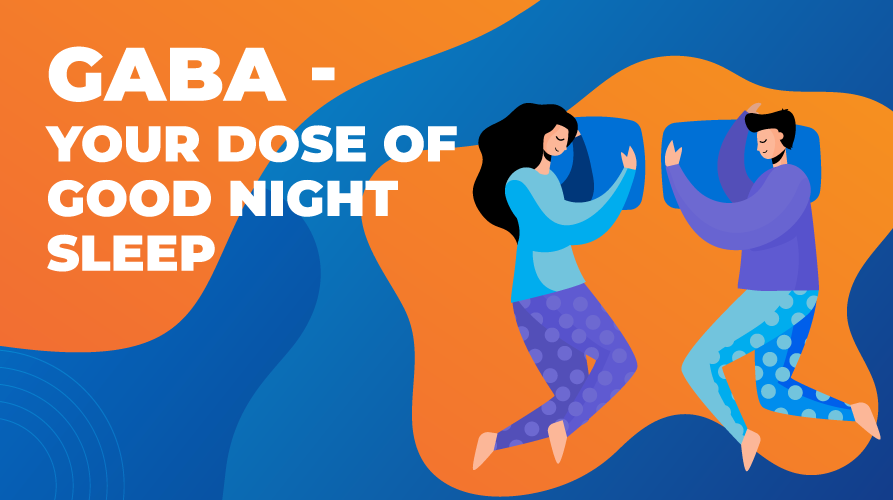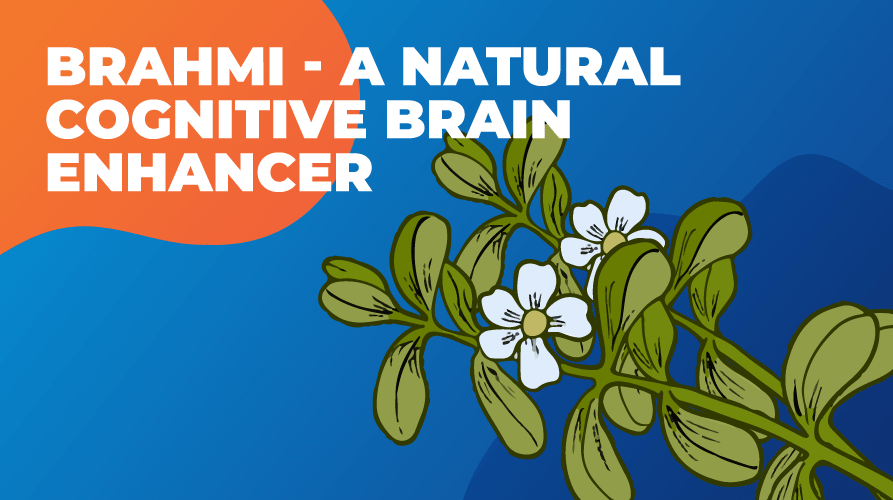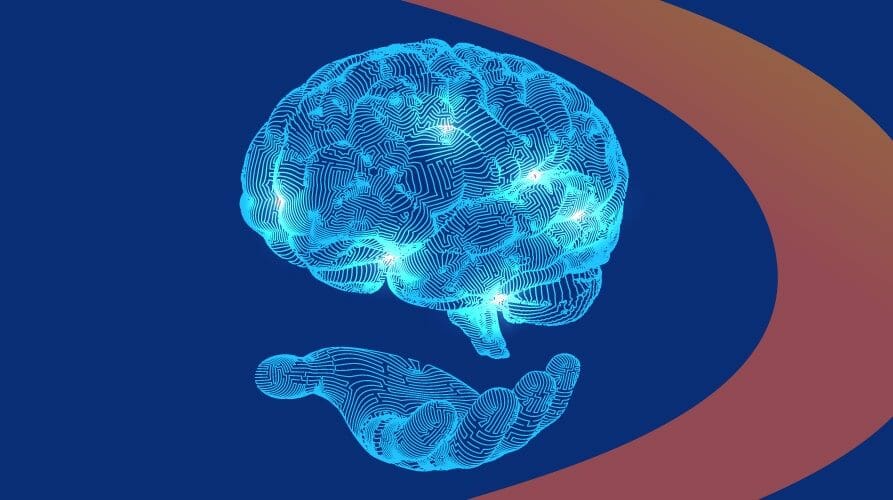What is Ashwagandha?
In this article, we will explore in detail what Ashwagandha is and what are Ashwagandha benefits. Withania Somnifera, commonly known by the name Ashwagandha, is an ancient medicinal herb. This evergreen shrub is mostly found in Asia and parts of Africa. Ashwagandha’s benefits for men and women are well known.
The term Ashwagandha can be broken into Ashwa which means horse and Gandha which means smell. Together this Sanskrit origin word means horse-like smell which signifies the odour that its roots give off.
It is one of the most essential ingredients of ancient Indian medicine. This Indian Winter Cherry is also known by the name Indian Ginseng because of its rejuvenating and therapeutic effect on the nervous system.
Ayurveda has classified Ashwagandha as Rasayana which means lengthening of life. This is in reference to its amazing medicinal properties and horse-like strength and stamina that it provides.
How does Ashwagandha work?
All plants carry phytochemicals that perform various tasks and functions for them. Upon consumption, these plant phytochemicals overlap with the ones that activate pathways in our body. Ashwagandha has a large quantity of these phytochemicals.
Withanolides are the active ingredients in Ashwagandha that are responsible for most of the health benefits attributed to it. It is classified as an adaptogen which means that it helps our body adapt and manage stress.
Every part of Ashwagandha benefits our body and mind.
Leaves
Ashwagandha leaves are known to be rich in Iron. They can be used for treating viral infections, fever, cold, cough, and even chronic pain. Ashwagandha’s benefits for females are such that it is used in the treatment of anemia and blood loss due to heavy menstruation. It can be consumed as herbal tea.
Flowers
Ashwagandha flowers have rich aphrodisiac, astringent and diuretic properties which help in conditions like kidney stones and fertility problems.
Seeds
Ashwagandha seeds are used against infectious diseases and parasitic worms because of their anthelmintic properties.
Roots
Ashwagandha roots are the most beneficial part of this plant. They have various benefits for our bodies and mind. Ashwagandha powder and Ashwagandha Capsule that are commonly available in the market are mostly made from their roots.
Ashwagandha roots are used for the treatment and prevention of pain, stress, skin conditions, fatigue, diabetes, and more.
What are the Ashwagandha benefits that make it so powerful?
Ashwagandha is one of the most powerful and commonly used ingredients of ayurvedic medicine. (https://www.ncbi.nlm.nih.gov/pmc/articles/PMC3252722/)
The most common Ashwagandha Benefits are –
Anxiety and Stress
As an adaptogen, Ashwagandha helps the body in adapting to stress. Several studies have proven that Ashwagandha fights symptoms of stress, anxiety and provides a feeling of calm and tranquility.
Diabetes
Ashwagandha stimulates the secretion of insulin and improves insulin sensitivity. This way, it ensures that the blood sugar levels of the body remain low. It also improves the overall metabolism of the body and maintains equilibrium.
Cancer
Withaferin is a compound in Ashwagandga that is known as the programmed death of cancer cells. Inside cancer cells, Withaferin forms reactive oxygen species (ROS) that diminishes their function and also slows the production of new cells.
Studies have revealed that Ashwagandha can help in the treatment of lung, brain, ovarian, colon, and breast cancer. It is even said to halt the spread of cancer to other organs.
Alzheimer
Beta-amyloid plaques gradually build up between nerve cells and are considered lethal to the brain cells. They mostly accumulate in the brains of people with neurodegenerative diseases like Alzheimer’s.
Ashwagandha is found to inhibit the production of these plaques by stimulating the production of a protein in the liver instead of directly altering the brain chemistry.
Inflammation
Several studies have shown that ashwagandha reduces inflammation.
Heart health
Ashwagandha has a number of benefits for the heart. It boosts heart health, controls high blood pressure, eases out chest pain, and prevents heart diseases. It also lowers high cholesterol and triglyceride levels. It helps in improving the overall health of the heart.
Asthma
Ashwagandha helps with cardiovascular endurance which results in maximum oxygen consumption by the lungs. It relaxes the airway muscles and improves breathing for asthmatic people.
Ashwagandha Benefits for Men
The benefits of Ashwagandha for men are well known. It regulates testosterone generation in the body, improves and maintains healthy male fertility. Withanolides found in Ashwagandha helps in improving sperm count. Ashwagandha leaves are also used for the treatment of prostate cancer.
Ashwagandha Benefits for Female
Ashwagandha’s benefits for females are mostly related to stress and fertility. It regulates reproductive hormones, reduces stress, and increases the production of blood.
Menopause brings with it a variety of problems like anxiety, depression, insomnia, hot flashes, etc. Ashwagandha helps ease them out and provides relief. It also has a positive effect on libido and acts as a sexual stimulant.
Ashwagandha Benefits for Children
Ashwagandha has benefits for all, including children and teenagers. It reduces and manages physical and emotional stress in kids, Helps teenagers in managing their emotions, and improves sleep quality. It boosts their immunity and helps fight sickness and infection.
Hair
Ashwagandha improves blood circulation in the scalp, fights hair fall and hair thinning caused by anxiety and stress. Rich with antioxidants and amino acids, ashwagandha strengthens hair and prevents breakage. Its anti-inflammatory properties also soothe the itchy, flaky, and unhealthy scalp.
Skin
Ashwagandha rejuvenates the skin, helps skin cells to revive, maintains plumpness of the skin, and prevents damage by pollution. It fights signs of aging and reduces dark spots. Ashwagandha helps in providing radiant and clear skin naturally.
Other Ashwagandha benefits
• Insomnia – Ashwagandha is known to possess sleep-inducing properties.
• Ulcers – Ashwagandha not only reduces the risk of ulcers but also treats them.
• Stamina – ashwagandha, as suggested in the name, provides horse-like strength and improves stamina and overall body health.
• Thyroid – Ashwagandha manages Hypothyroidism, marked by low levels of thyroid hormones, by boosting T3 and T4 thyroid hormones.
• Memory – ashwagandha is known to improve memory problems caused by injury or disease. It also improves overall brain functioning.
• Depression – ashwagandha helps reduce depression and also prevents its symptoms. It also lowers cortisol levels which are also known as stress hormones.
• Vitiligo – Ashwagandha combats the condition of Vitiligo and helps even out the skin tone.
• Arthritis – ashwagandha acts as a pain reliever and has anti-inflammation properties. This makes it effective in treating arthritis.
• Height – ashwagandha helps in noticeably increasing height.
Side effects of Ashwagandha
If you’ve just recently thought of taking ashwagandha on a daily basis, it is normal to have questions like ‘is ashwagandha safe?’ Or ‘what are the side effects of Ashwagandha?’.
The answer is here –
• Consuming large amounts of Ashwagandha without prescription can lead to diarrhea, vomiting, stomach upset. In very rare cases it may also cause liver problems.
• Pregnant women should avoid the use of ashwagandha. It may cause premature labour or miscarriage.
• People with Hyperthyroidism, which is linked with high levels of thyroid, should avoid Ashwagandha as it may worsen its symptoms.
• People with blood pressure, blood sugar, and thyroid should take a doctor’s recommendation before using ashwagandha.
Dosage –
There is no standard or recommended dosage of Ashwagandha. Most commonly, for effective results, Ashwagandha root powder is consumed at a daily dose of 125mg to 5 grams for 2-3 months.
Most of the Ashwagandha capsules come at a dosage of 500mg per capsule. If Ashwagandha is being consumed for any kind of treatment, the doctor should be consulted for dosage and duration.
How to consume Ashwagandha?
Ashwagandha can be consumed in the form of a powder, even better if taken with milk. For skin and hair, its powder can be made into a paste and applied as a mask or can be taken orally.
Be it as a capsule, powder, supplement, or herbal tea, Ashwagandha benefits will help improve the health of your body and mind.
Ashwagandha is an all-rounder medicinal herb that has been used for centuries. Its beneficial properties are boundless and can be used by anyone.









